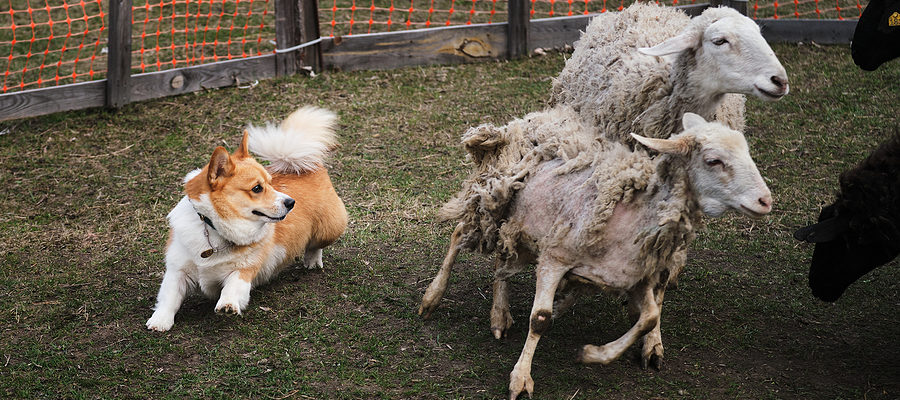The first thing you need to know is that you can’t claim your dog as a dependent on your tax return. Never! Don’t even think about it. There are no special rules for St. Bernard’s or Great Danes. It doesn’t matter how much your dog depends on you or that he’s a regular member of the family. A dog can never be claimed as a dependent on your U.S. income tax return.
There are two places you can claim a dog on a tax return, as a medical expense, such as a service dog, or as a business expense. This post is about claiming your dog as a business expense.
If you intend to claim your dog as a business expense, you have to remember the two most important words for business expenses: regular and necessary. Is the dog a regular and necessary expense for your business? For example: my dog likes to help me when I work from my home office. She guards my door and barks at the UPS truck. As you might have guessed, I cannot claim my dog as a business expense. Her service to my company is neither regular, nor necessary.
Real working dogs, on the other hand, are a legitimate business expense. Sheep herders, guard dogs, bomb sniffers and rescue dogs all are legitimate working dogs. I know a dog that used to star in the dog program at Busch Gardens, that’s a legitimate working dog.
Breeding dogs can be a little trickier. A real dog breeder is a legitimate business. Where it gets a little tricky is that fine line between dog breeding as a hobby versus breeding as a business. If you purchase a puppy—with the intent of breeding it when it grows up, you can’t write it off yet. You can’t breed a puppy so it’s not working yet.
If you are claiming a dog as a business expense, you really need to make sure you’re on the up and up. A dog on your return is going to be a red flag so you start out with the assumption that you will be audited. Document everything. Have receipts for your expenses, and proof that your dog is a necessary and regular expense for your business. Dot your i’s and cross your t’s and you’ll be okay.
Don’t be greedy! Only claim legitimate business expenses. If you own 4 dogs and 2 of them are pets, you can’t write off the dog food and vet expenses for the non-working dogs.
Obey your state and city laws! If you’re claiming a dog breeding business on your federal tax return, and you live in a city that doesn’t allow dog breeding, you’re going to have some explaining to do. That’s one of the rules for owning a business – know your state and local business laws. So do your homework.
Remember, if your dog is a pet, let it be a pet and don’t try to write it off on your tax return.
For more information check out this article from the AKC web-site: Tax Tips for Dog Breeders


